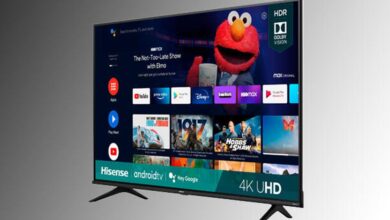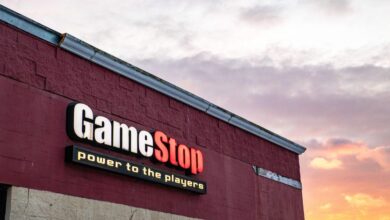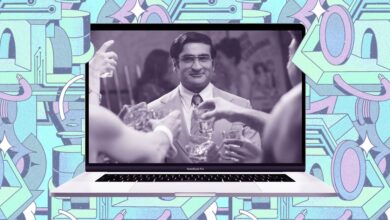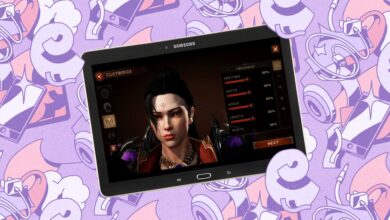How Horizon Forbidden West Became a Showcase for the PS5
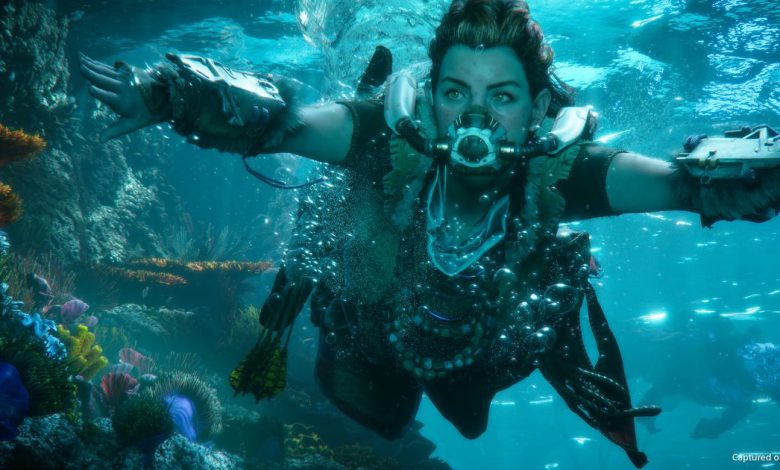
[ad_1]
Aloy explores much more of the ruins of North America in the sequel.
PlayStation / SIE
For Guerrilla Games, 2017’s Horizon Zero Dawn was a nice break from Killzone, the gritty, bleak sci-fi series it had spent years working on. The world of Horizon Zero Dawn couldn’t have been more different. Guerrilla Games went from a grimy, monotone first-person shooter to a vibrant, Technicolor open-world game. It was an unqualified success. Horizon Zero Dawn became one of PlayStation’s most successful new properties of the decade.
The sequel, Horizon Forbidden West, is a terrific follow-up to the 2017 original. It not only elevates its protagonist, Aloy, as she explores the ruins of North America’s west coast, but shows off the growing potential of the PS5.
Following the release of Forbidden West, I spoke with game director Mathijs de Jonge and technical director Michiel van der Leeuw about the making of the sequel, how the global lockdown disrupted development and what it took to get the game out for release.
“It’s been four years since we started work on [Forbidden West], and it’s great that it’s finally out, as the circumstances were indeed quite unique,” said de Jonge. “Half of the development was during lockdown, so we had to adapt to working from home. I think we were very fortunate that the foundation was set with the first game, and we knew what we wanted to do with the story for the sequel.”
Before Horizon, Guerrilla Games was the developer of the Killzone series. The original 2004 game was a sci-fi shooter touted as the PlayStation 2’s “Halo Killer.” Following three sequels, the last being 2013’s Killzone Shadow Fall, development began on Horizon Zero Dawn — a long-gestating project that was finally released on the PS4.
The original Zero Dawn is shockingly vibrant and visually stunning. Instead of Killzone’s bleak gray/brown-infused color palette, Horizon features a broader visual aesthetic that ups the range of color amid the ruins of an old, technologically advanced civilization reclaimed by Mother Nature.
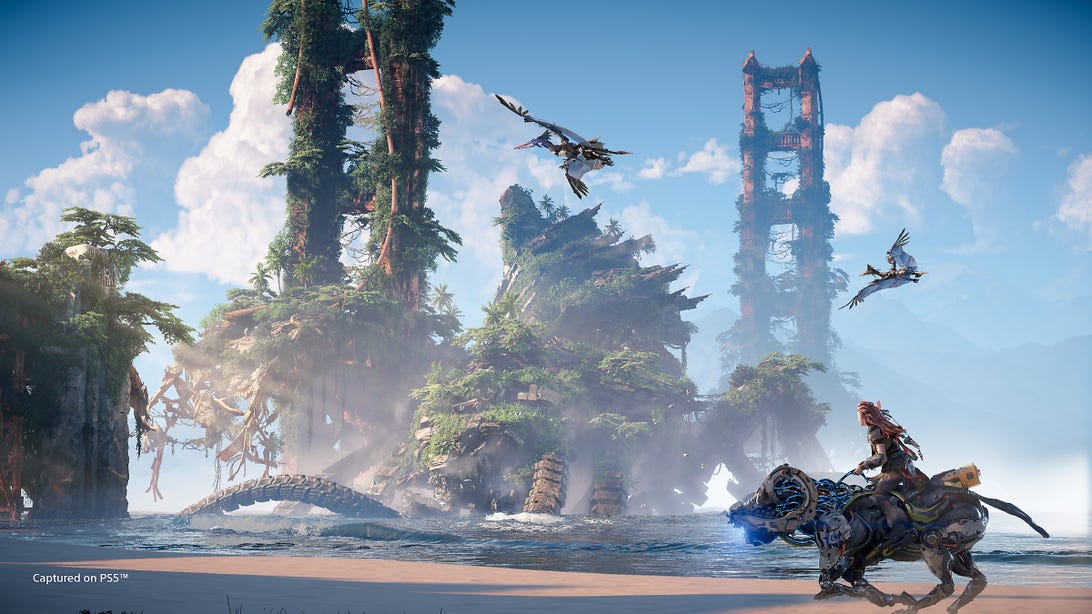
One area you’ll visit in Horizon Forbidden West is the ruins of San Francisco, once a famous tech hub but now a dangerous place for machines to roam.
PlayStation / SIE
It was one of the PlayStation 4’s most visually impressive games. The Horizon series is powered by Guerrilla Games’ Decima engine, which also runs Hideo Kojima’s Death Stranding. In many ways, the Horizon series has shown that Guerrilla Games has evolved to become a major force in open-world action games and one of PlayStation’s more forward-thinking developers when it comes to utilizing its technology.
One of the added challenges of working on Horizon Forbidden West — making it bigger, more emotionally impactful and generally more satisfying as an action game — was that it had to look great on both the newer PS5 and the older PS4.
“It was challenging to make a game that takes great advantage of the PS5’s high-end spec and still maintain the core feeling of the game on a PS4,” said van der Leeuw. “This meant we made bespoke assets for the PS5 with much more detail in various ways, while the PS4 had its own solution tailored for it. We also forced ourselves to keep on playtesting on both platforms, and doing art reviews on both. It was a lot of extra work and a first for our studio, but I think we managed really well to make a game that makes both platforms shine.”
Horizon Zero Dawn’s new ability, which allows players to fly across the entire map, brings an additional layer of challenge. While this feature may seem like a commonplace, it always creates an issue in development as you have to stream more parts of the world at a higher rate. The team had to improvise tailor-made streaming tech for both platforms — one tuned for the PS5’s use of the advanced SSD, and one that utilized the more constrained specs of the PS4 — to maintain the feel of flight across the world.
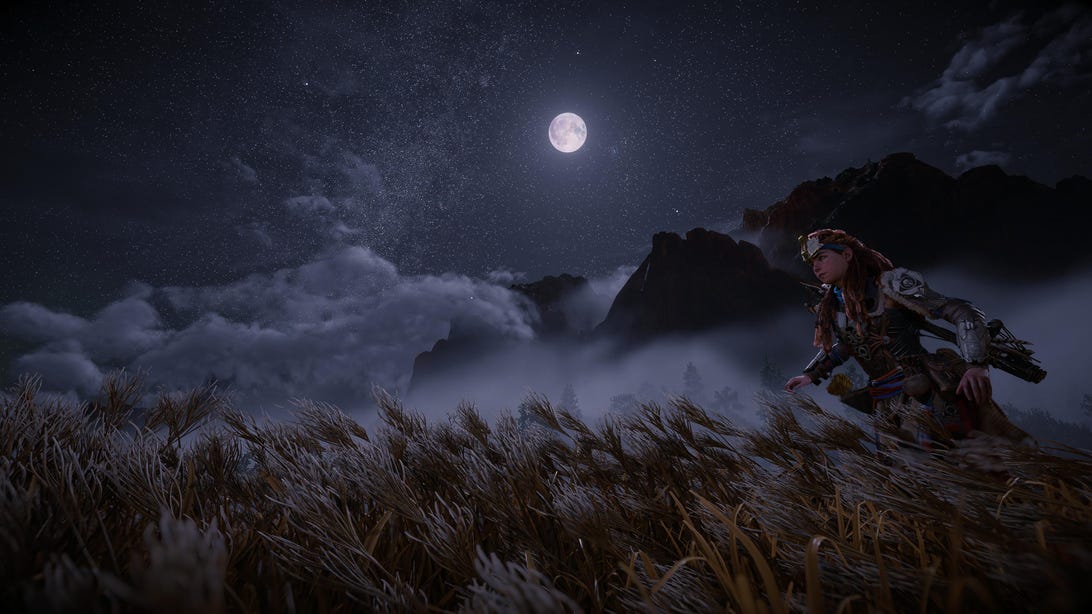
Forbidden West’s new photo mode let players capture some of their favorite moments from the game.
PlayStation / SIE
The Horizon franchise earned much praise for its storytelling. When I played the original, I was fully invested in Aloy’s journey as we discover what happened to the “old world” and why we were suddenly occupying a universe filled with bizarre robot dinosaurs. The team made it all somehow make sense.
According to de Jonge, improving the game’s presentation was a major challenge. Not just in terms of improving the tech behind capturing actor’s performances, but doing it in the midst the COVID-19 pandemic.
“We had to figure out how to deal with the cinematics as mo-cap stages were shut down all over the world. We really had to improvise with [Forbidden West],” he said. “Firstly, we wanted to improve the presentation overall for the sequel. We had to send equipment to the actors’ homes where they had their own recording setups. Then we had to get our gear and footage sent back to our office in Amsterdam. Our guys had to piece it all back together. It was complicated work, we had to come up with new workflows. But yeah. I’m super pleased with how that turned out. I’m very impressed with the level of quality that we have in the game. It really helps with the storytelling and with feeling more connected to the characters that are in the world.”
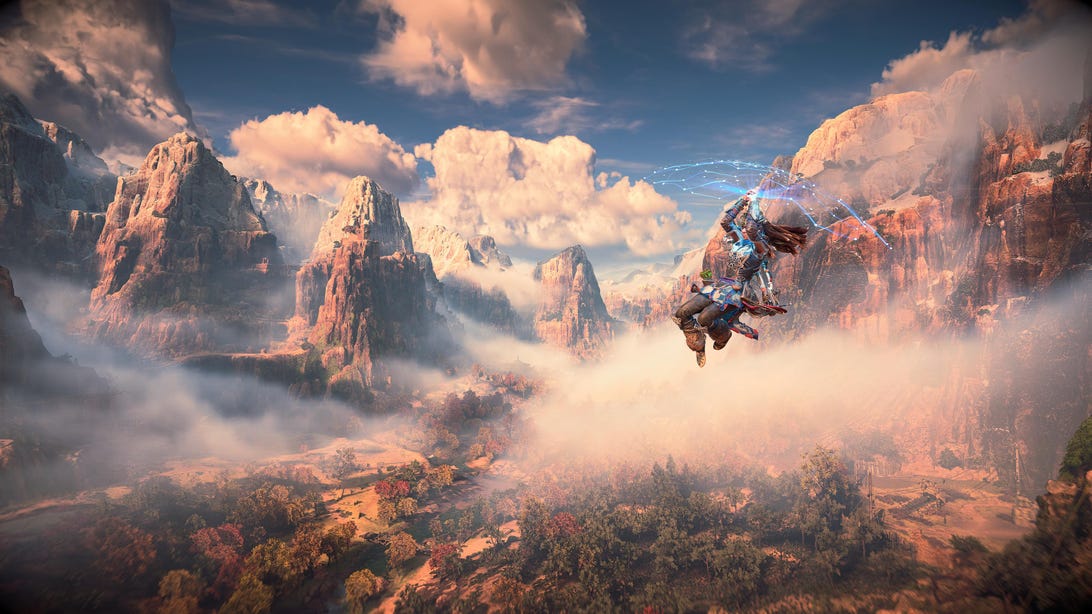
The Shieldwing is one of Forbidden West’s most enjoyable upgrades, which allows Aloy to float from great heights and land safely on the ground.
PlayStation / SIE
Upon release in February, Horizon Forbidden West received high praise for its advancements in storytelling and world design, two of the franchise’s key areas of focus. In CNET’s review, we said “it was well worth the five-year wait.” Though we’re still early into the lifespan of the PS5, the sequel to Horizon Zero Dawn shows off the best of what the system can do.
After an eventful development period, de Jonge is happy with the positive buzz from fans.
“What we saw with so many players was that they kept playing Horizon Zero Dawn, even after five years,” he said. “It’s amazing to see, and I’m hoping that Forbidden West will have that impact as well. It looks like we’re on the same track so far, and that’s a really good thing to see as a game developer. It’s the most ambitious game we’ve made, and, so far, what I’m seeing is it’s heading in the right direction already.”
[ad_2]
Source link


